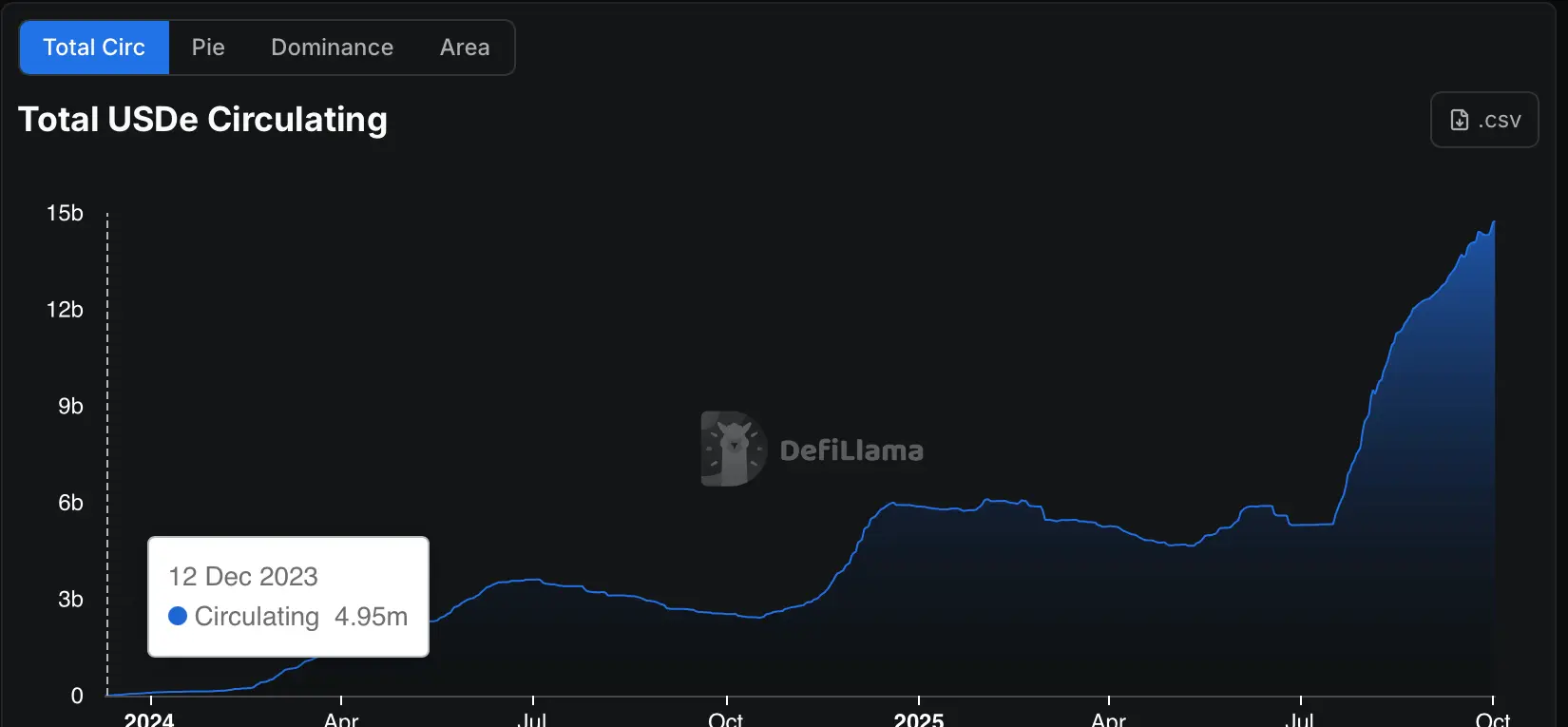Trade
Trading Type
Spot
Trade crypto freely
Alpha
Points
Get promising tokens in streamlined on-chain trading
Pre-Market
Trade new tokens before they are officially listed
Margin
Magnify your profit with leverage
Convert & Block Trading
0 Fees
Trade any size with no fees and no slippage
Leveraged Tokens
Get exposure to leveraged positions simply
Futures
Futures
Hundreds of contracts settled in USDT or BTC
Options
HOT
Trade European-style vanilla options
Unified Account
Maximize your capital efficiency
Demo Trading
Futures Kickoff
Get prepared for your futures trading
Futures Events
Participate in events to win generous rewards
Demo Trading
Use virtual funds to experience risk-free trading
Earn
Launch
Investment
Simple Earn
VIP
Earn interests with idle tokens
Auto-Invest
Auto-invest on a regular basis
Dual Investment
Buy low and sell high to take profits from price fluctuations
Quant Fund
VIP
Top asset management team helps you profit without hassle
Crypto Loan
0 Fees
Pledge one crypto to borrow another
Lending Center
One-Stop Lending Hub
VIP Wealth Hub
New
Customized wealth management empowers your assets growth
Private Wealth Management
Customized asset management to grow your digital assets
Staking
Stake cryptos to earn in PoS products
BTC Staking
HOT
Stake BTC and earn 10% APR
GUSD Minting
New
Use USDT/USDC to mint GUSD for treasury-level yields
Soft Staking
Earn rewards with flexible staking
More
Promotions
Activity Center
Join activities and win big cash prizes and exclusive merch
Referral
20 USDT
Earn 40% commission or up to 500 USDT rewards
Announcements
Announcements of new listings, activities, upgrades, etc
Gate Blog
Crypto industry articles
VIP Services
Huge fee discounts
Offline Event
Join Gate's latest offline event, and celebrate TOKEN2049 in October
Proof of Reserves
Gate promises 100% proof of reserves
Affiliate
Enjoy exclusive commissions and earn high returns
Asset Management
New
One‑stop asset management solution
Institutional
New
Professional digital asset solutions for institutions
OTC Bank Transfer
Deposit and withdraw fiat
Broker Program
Generous API rebate mechanisms
- Trending TopicsView More
68.2K Popularity
120.9K Popularity
238.5K Popularity
167.1K Popularity
17.8K Popularity
- Pin


USDe Nears $15B: Ethena’s Synthetic Dollar Muscles Into the Big Leagues
Ethena's synthetic dollar is racing toward a $15 billion market cap, and the road signs all point to bigger ambitions ahead.
Ethena's USDe Market Cap Edges Higher
USDe isn't a cash-in-the-bank stablecoin; it's a crypto-native dollar built on Ethereum and a handful of other chains, flexing a delta-neutral hedge to keep its peg locked. The protocol holds crypto collateral and shorts perps in equal size, so gains and losses cancel out, leaving a U.S. dollar-like asset with yield options for depositors.
The growth curve is obvious from data platform visuals: total USDe outstanding is hovering around $14.755 billion, creeping toward that $15 billion line. Price sits at $1, as advertised, while issuance has scaled sharply since late 2023. On Dec. 12, 2023, USDe's supply was under the $5 million mark. As of Oct. 2, 2025, USDe is the third-largest fiat-pegged token amid a $299.447 billion stablecoin sector.

During the course of 659 days, USDe's circulating count grew by 297,878%.
Trading activity looks anything but sleepy, according to figures recorded on data platforms. Cumulative buying volume tallies about $31.55 billion across venues, with dashboards tallying 24 supported decentralized exchange (DEX) platforms. Monthly action tells the story of adoption.
After a quiet start, liquidity and buyers broadened through winter and spring before a late-summer jump. The bars stack higher; the users follow.
Pairs matter, and USDe has them. The recorded decentralized finance (DeFi) metrics show deep activity in USDC-USDe, FRAX-USDe, and crvUSD-USDe, plus pockets in DAI-USDe and cmETH-USDe. Breadth like that gives traders places to park size and move risk.
The network split is still dominated by USDe issued on Ethereum, with smaller slices on Arbitrum, Base, Mantle, Optimism, and Solana. Call it pragmatic multichain rather than chain-hopping for headlines.
Liquidity is building where it counts. USDe DEX liquidity clocks in around $194.4 million across pools, and 16 pools clear the $100,000 threshold. That's enough depth for market makers to quote without sweating every clip.
Why does the design matter? Because Ethena's USDe hedge converts crypto volatility into a stable dollar profile while harvesting staking rewards and funding-rate carry for stakers. It's a decidedly crypto approach to stability, not a promise of treasuries in a vault.
None of this erases risk. The model leans on derivatives markets and exchange rails, and regulators are still mapping rules for synthetic dollars. But with transparent mechanics and onchain usage, the market is voting with capital.
If the current pace holds, USDe's march past $15 billion becomes a formality, and the real question turns to whether crypto's next big dollar will keep compounding across DEX rails as the rest of decentralized finance (DeFi) wakes up.